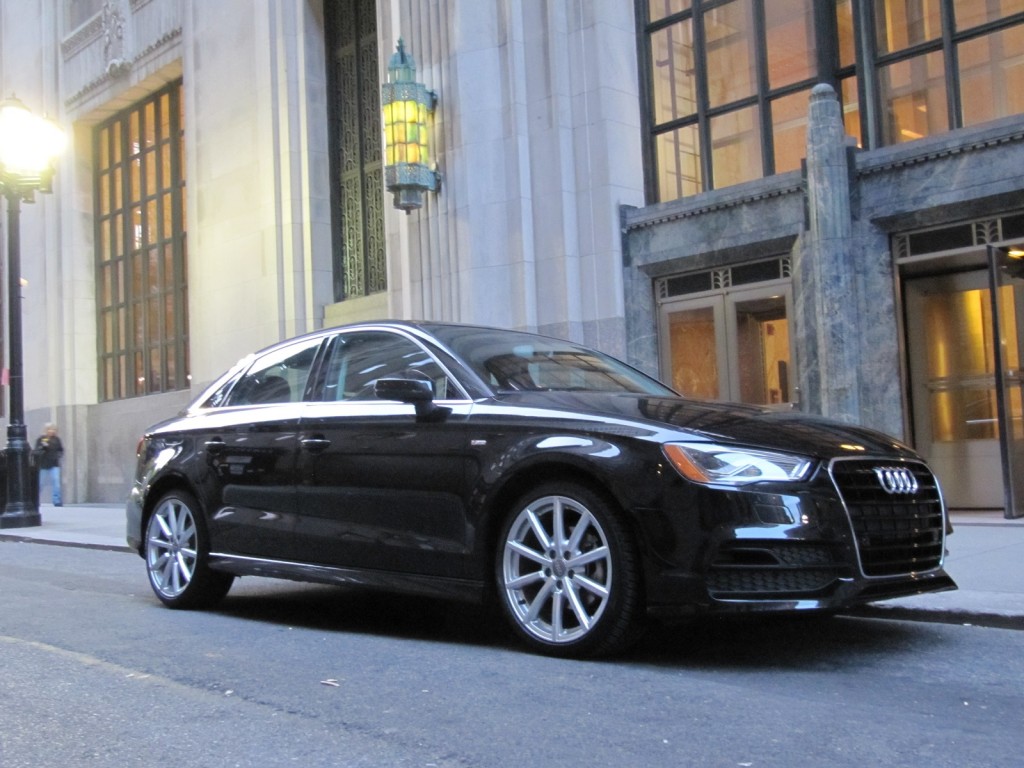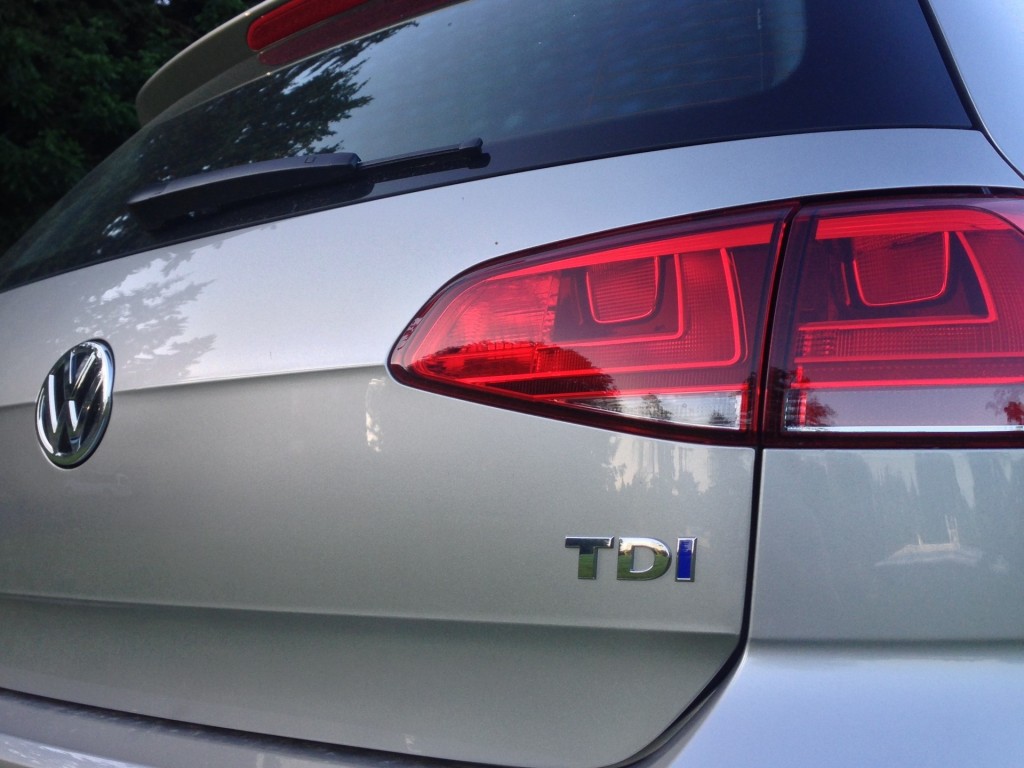It's a question that hundreds of thousands of VW 2.0-liter TDI diesel owners will be asking soon, if they haven't already: Should I take the buyback?
Some have already made up their minds. They want their cars to go away, and will sell them back to the manufacturer that deceived them and lied to regulators.
Others, though, like the fundamental characteristics of their cars. They're fun to drive, have lots of torque, and are very fuel-efficient, most of all in highway cruising.
DON'T MISS: What will I get for my VW diesel car in the buyback?
That second group of owners, based on reader comments and questions, may well wait to find out what modifications would have to be made to their cars to bring them into compliance with emission laws.
If, that is, any such modifications are approved by regulators. So far, none have been—and VW isn't expected even to begin submitting them for consideration until November.
And that's the crux of the problem for Audi and VW four-cylinder diesel owners who are on the fence: they don't know whether their cars can be modified or not, and they don't know when they'll find out.

2014 Volkswagen Passat TDI
The settlement with regulators over 466,000 2.0-liter diesel models sold in the U.S. from 2009 through 2015 by Volkswagen and Audi should get preliminary approval by a judge next week, if all goes according to plan.
The terms and conditions of the buyback program have been specified in great detail in the various documents that are part of the settlement.
As for modifications, all that's mentioned is that owners may wait until September 1, 2018, to decide whether they'll take the buyback.
ALSO SEE: Why VW killed its TDI diesels in the U.S.: future emission standards
That gives them time to learn if any modifications are approved by the EPA and the California Air Resources Board for their specific cars.
So for owners who haven't already decided they want to make their cars go away, there's very little downside to waiting until 2018.
The buyback amount remains the same—it's essentially the car's trade-in value before the scandal broke—and they can get up to two more years' service out of their cars.

2015 Audi A3 TDI, New York City, Nov 2014
However, there are two factors to keep in mind before deciding whether to sell or to wait.
First, the preliminary settlement plan is based on Volkswagen ultimately buying back or fixing at least 85 percent of the cars, or roughly 400,000 of the remaining 466,000 Audi and VW 2.0-liter diesels on the roads.
If the company can't reach that level, additional financial penalties will be imposed.
CHECK OUT: VW diesel settlement details: buybacks, payments, modifications, fines, more
So if fixes prove to apply only to some cars, or to be very expensive, VW will make aggressive efforts to buy up every one of the affected models it can find once the initial group of owners sells their cars.
So it's possible that owners who don't sell within several months may start to get pitches from VW on buying back the cars anyway.
Second, even if a modification plan is approved, many of the cars apparently won't be fully compliant anyway.
According to a Bloomberg article published earlier this week, even after any possible recall and modifications, some affected VW diesels still won't fully comply with the EPA's emission limits.

2015 Volkswagen Golf TDI SE
Modifications may make later vehicles with a selective catalytic reduction system, also known as urea injection, compliant with regulations. (The most likely models for that are the 2015 model-year cars, and 2012-2014 Passats.)
But details buried in the settlement documents suggest the nitrogen-oxide emissions of the earliest vehicles will fall by 80 to 90 percent, not enough to comply fully.
The big unknown, however, is what effect the modifications on the various classes of diesel cars will have on both performance and fuel economy.
Owners can wait to find that out before deciding, but it's possible they may still be subject to gentle pressure from VW to sell their cars back anyhow.
_______________________________________













